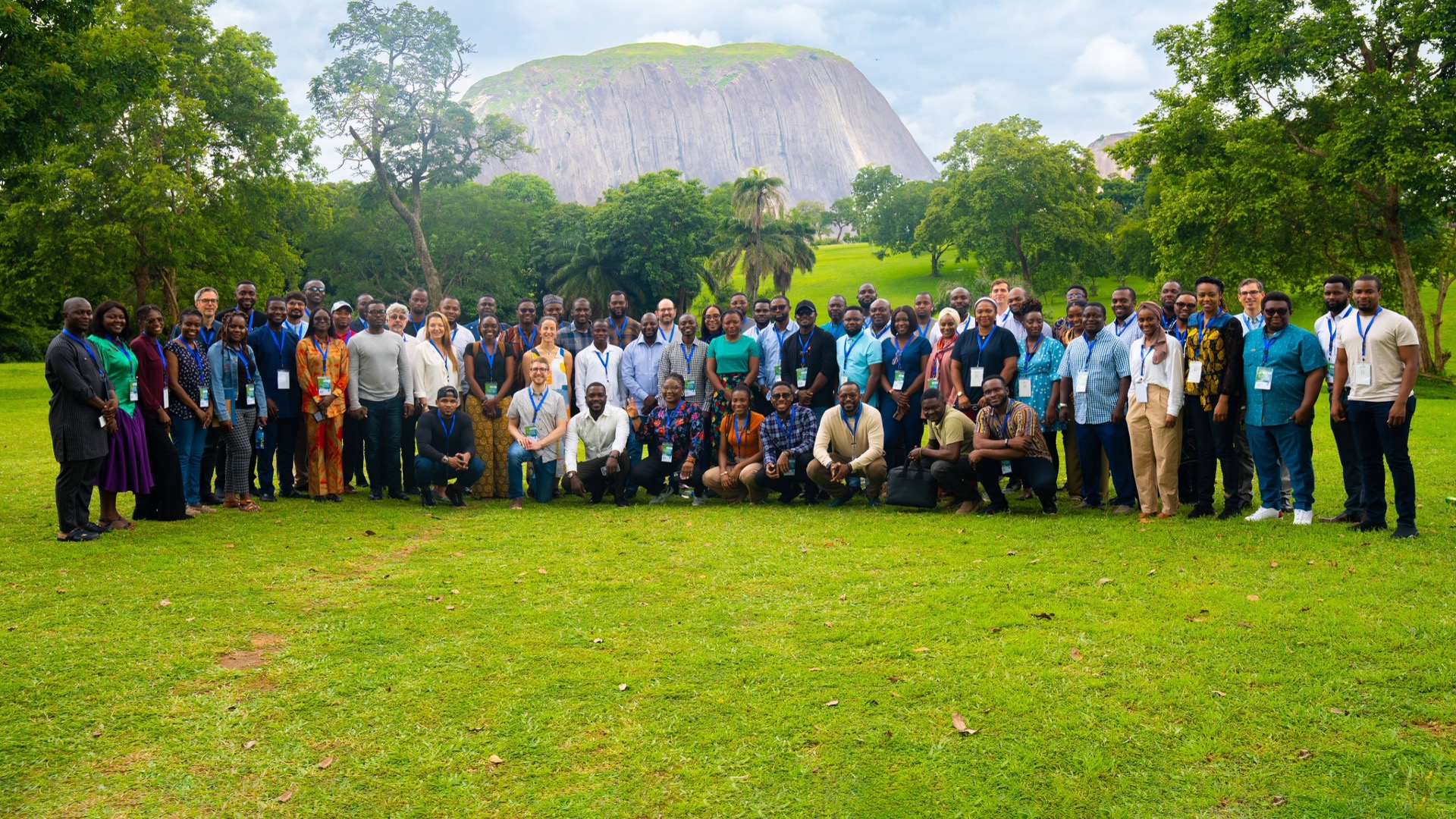As global leaders convene in Brazil for COP30, RMI is advancing a bold vision for sub-Saharan Africa’s clean energy future. The continent stands at a critical juncture where renewable resources can drive inclusive development, empower communities, and position Africa as a leader in the global energy transition. H.E. Seyoum Mekonen of Ethiopia once declared, “Africa is not waiting. We are leading,” a sentiment that continues to resonate as climate discussions unfold on the world stage.
Africa possesses vast potential to become a powerhouse in renewable energy. RMI’s analysis indicates that with the right investments and policies, the region can harness abundant, low-cost clean power to fuel economic expansion and improve living standards. Yet significant obstacles remain. Over 600 million people across the continent still lack access to electricity, and more than half face inconsistent supply. Even those connected to the grid often experience disruptions, while average annual consumption lags far behind the 1,000 kWh threshold considered essential for modern energy access.
Energy demand is expected to rise sharply, with projections indicating a 75 percent increase this decade—primarily in sub-Saharan nations. By 2050, nearly one in four people worldwide will reside in this region, and by 2030, over 40 percent of the global youth population will be African. These demographic trends underscore the urgent need for scalable infrastructure, reliable power systems, and job-creating industries.
To address these challenges, RMI’s Africa Energy Program focuses on three interconnected strategies: expanding energy access, strengthening resilient supply systems, and fostering green economic growth. The initiative aims to deliver 420 terawatt-hours of renewable energy, connect 390 million individuals to power, and prevent 250 million metric tons of CO2 emissions.
First, the program prioritizes closing the energy access gap through distributed energy resources (DERs) enabled by utilities. Longstanding efforts such as the Africa Minigrids Program, developed with UNDP, provide replicable models for deployment. Second, it promotes clean and secure electricity generation by supporting interconnected minigrids (IMGs), which allow collaboration between developers and utilities. Early findings from Nigeria’s IMG pilots highlight their viability. Additionally, embedded generation—adding up to 20 megawatts directly into distribution networks—can enhance urban and peri-urban supply.
Third, the green growth pillar supports local innovation and industrialization. By partnering with entrepreneurs and communities, RMI helps deploy climate-smart technologies like green ammonia fertilizers, e-mobility solutions, clean telecom towers, and energy-efficient agriculture. These applications not only reduce emissions but also stimulate productive use of electricity and create employment opportunities.
Success hinges on two key enablers: workforce development and targeted financing. With a rapidly growing young population, Africa’s economic trajectory depends on creating meaningful jobs. The clean energy sector offers strong potential to absorb labor and catalyze broader industrial activity. RMI’s Global Women in Clean Energy program, active in Nigeria, Zambia, and Ethiopia, trains women leaders to spearhead DER projects, ensuring gender equity in the energy transition.
However, early-stage underfunding remains a barrier. Investors often struggle to identify projects that meet financial readiness criteria. RMI’s Catalytic Finance initiative works to bridge this gap by de-risking ventures and mobilizing public and private capital. This support helps convert national climate goals into actionable, bankable initiatives.
Sub-Saharan Africa now faces a defining moment. Industrialization is inevitable—and necessary—but the path forward can be sustainable. Rather than relying on fossil fuels and outdated technologies, the continent can build a high-value, climate-positive value chain integrating energy, agriculture, and manufacturing. Strong partnerships with governments, utilities, developers, and local communities will be essential.
As COP30 unfolds, the global community has an opportunity to deepen cooperation, scale proven solutions, and ensure universal access to affordable, resilient, and low-carbon electricity—paving the way for a prosperous and sustainable future shaped by Africans, for Africa.
— news from RMI
